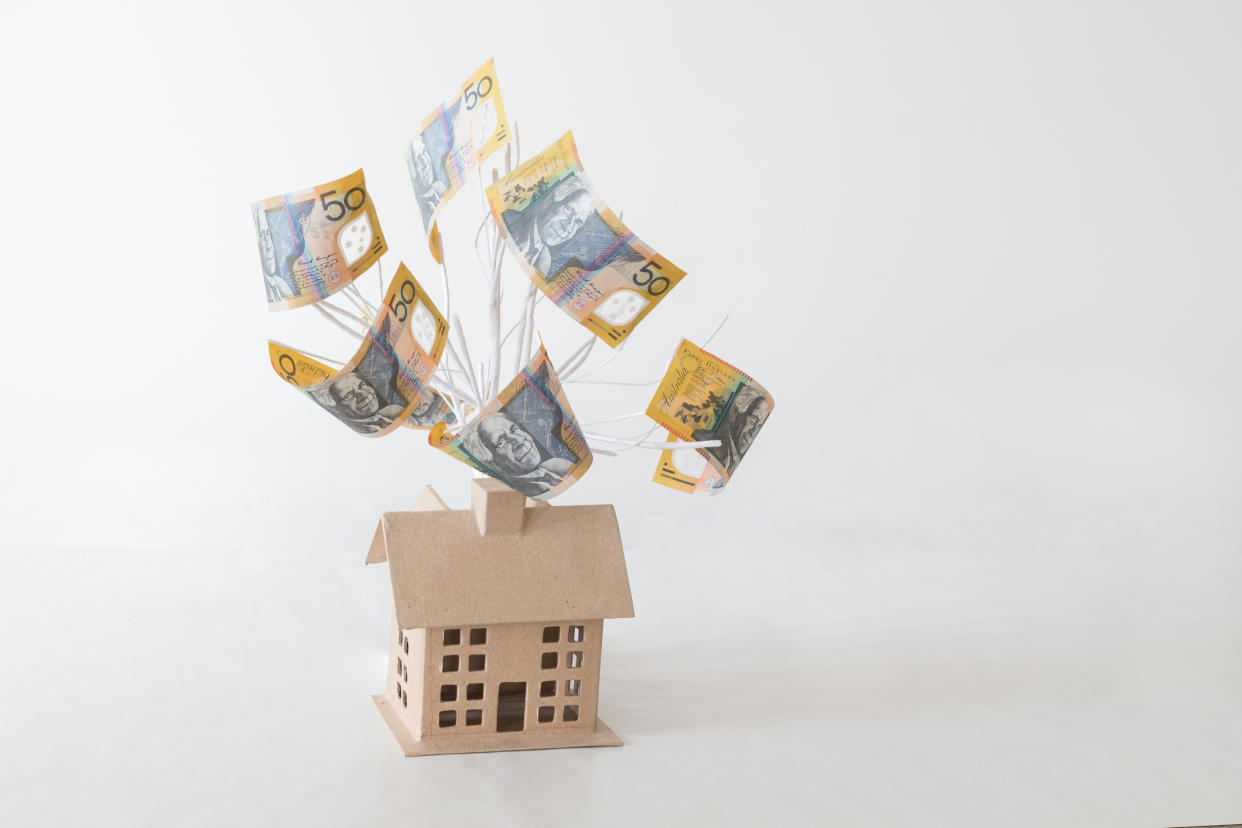Should I pay off my mortgage or buy an investment property?

The Reserve Bank of Australia has taken interest rates to record lows, meaning many Australians are now considering whether to buy an investment property.
Related story: Sydney rents fall to 2015 rates
Related story: Where to purchase property depending on what kind of buyer you are
Related story: Discount home loans offered to green Aussies
A loosening of tough credit rules for investment loans has also made property investment an easier prospect than it was years ago.
However, that doesn’t mean it’s always a good idea.
We asked Canstar to crunch the numbers on whether someone with a mortgage would be better off paying off their mortgage quickly or investing in a second property.
The assumptions:
To carry out this experiment, the researchers looked at a couple who purchased a home five years ago for $560,000 with a 20 per cent deposit. That means they took out a $450,000 home loan.
Assuming the five-year annual property price growth was a conservative 4 per cent, the home is now worth $684,000, so the owners have around $277,000 in equity after paying down the mortgage for five years.
“It’s worth noting CoreLogic data puts the annual property price growth at 6.8 per cent nationally for the last 25 years, though we’ve taken a more conservative approach with this hypothetical analysis,” Canstar's finance expert Steve Mickenbecker said.
Using that equity and the property price increase, the borrower can now consider buying an investment property worth around $678,000.
Here’s what would happen either way:

I need that in writing
Let’s break that table down.
If these hypothetical borrowers were to continue making their current monthly repayments of $2,114, it would take them the scheduled 30 years to pay off the loan.
If they were to instead forego the investment property and make additional monthly repayments of $2,169, they’d pay off that initial loan in 14 years and 6 months.
That’s assuming that this couple would be able to top up their initial loan with the funds that would have otherwise been used to service an investment loan - the monthly loan repayment of $3,470 minus the amount they’d be receiving in rental income ($2,270) and tax return ($73), plus the investment expenses they’re not incurring ($1,042).
If they were to use their equity at the five year mark to buy a $678,000 investment property, in order for them to profit, both properties would need to appreciate by at least 1.4 per cent a year.
Any growth lower than that, and paying off their initial loan would have been the more profitable option.
If you’re receiving 4 per cent growth with an investment property, you’re looking at equity at 14 years and 6 months of $1.5 million - significantly higher than the $1.2 million if you’d chosen to supercharge your mortgage payments instead.
But if you received growth of less than 1.4 per cent, suddenly that decision to invest in a second property will see you with $497,605 rather than the $684,000 if you’d chosen to supercharge your initial mortgage.
“So, while we’ve laid out a number of these scenarios there is no one overall winner here as it will be dependant on how the housing market performs,” Canstar finance expert Mickenbecker said.
Make your money work with Yahoo Finance’s daily newsletter. Sign up here and stay on top of the latest money, property and tech news.



